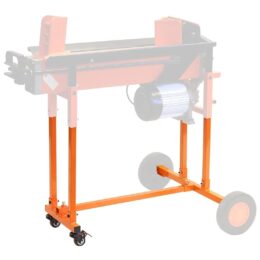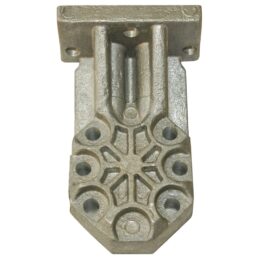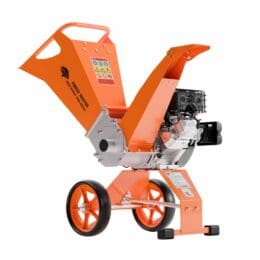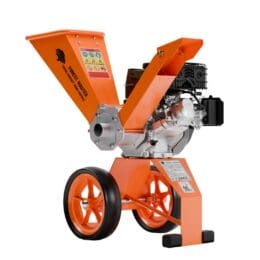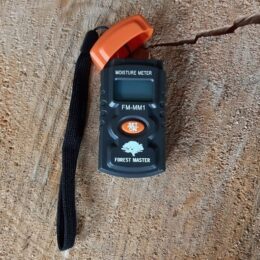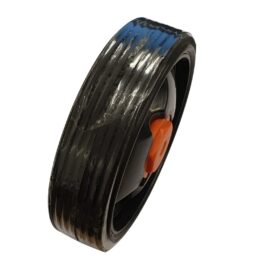Last Updated on October 22, 2024 by Forest-Master-Sales
Even before the winter months arrive, maintaining your wood chipper is essential for long-term reliability. Changing the blades or the oil is one thing, but frequently changing the fuel is one key element that often gets overlooked.
While many people think of it as a once-a-year task (it’s really not), changing the fuel regularly can not only prevent damage but also extend the life of your chipper, ensuring it’s ready to go when you need it most.
But why is it so important? What damage could it cause?
Below, we’ve outlined three key reasons why frequent fuel changes are vital for your Forest Master Wood Chipper:
1. Preventing Fuel Degradation and Engine Blockages
Fuel degrades over time, especially E10 fuel, which can start to break down in as little as 30 days. Although the LCT engines used in our wood chippers are compatible with E10 fuel, the infrequent use of these machines—particularly over the winter months when they are locked away—means fuel often sits in the tank for extended periods. There’s often an assumption that fuel will cause little damage and last forever, but that’s far from the truth.
As fuel degrades, it leaves behind a varnish-like residue that clogs important components like the carburettor, fuel lines, and filters. These blockages make it harder for the engine to run smoothly, often causing issues such as rough starts or even complete engine failure.
Using premixed fuel like Aspen4 or adding a fuel stabiliser can help prevent degradation. The stabiliser keeps the fuel fresh for up to 12 months, preventing gum and varnish build-up during long periods of inactivity.
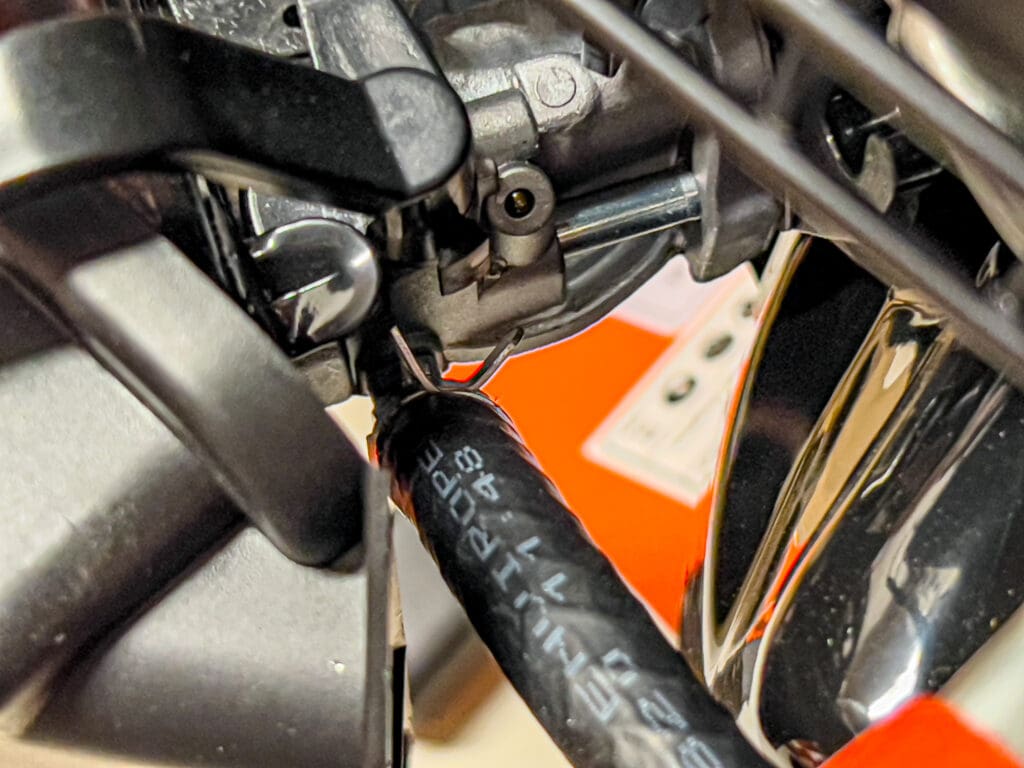
2. Reducing Maintenance Costs and Downtime
Old or contaminated fuel doesn’t just affect engine performance; it can cause severe damage over time. The varnish deposits that result from degraded fuel are notorious for damaging carburettors and fuel injectors, leading to more frequent breakdowns and potentially costly part replacements.
Replacing the fuel regularly with fresh, high-quality fuel keeps your engine running smoothly and prevents these problems before they start. This not only reduces long-term maintenance costs but also minimises downtime, ensuring your wood chipper is always ready when needed. The last thing you want is to be without a machine during the peak chipping season!
Maintenance Tip: Always check the fuel filter and spark plugs when changing the fuel. A clogged filter or dirty spark plugs can reduce efficiency and cause engine issues.
3. Prolonging the Life of Your Wood Chipper
It may sound obvious, but regularly changing the fuel doesn’t just improve immediate performance—it also helps extend the overall lifespan of your wood chipper.
Neglecting to maintain your chipper and continuing to use degraded or contaminated fuel places undue stress on the engine, leading to increased wear and tear. Over time, this stress can shorten the life of your machine from several years to just a couple—a daunting thought when considering the cost of replacing a chipper every few years!
On the other hand, regular maintenance, including frequent fuel changes, helps the engine run more smoothly and efficiently, reducing friction and stress on moving parts. With regular fuel changes, you’ll keep your wood chipper operating at its best for years to come.
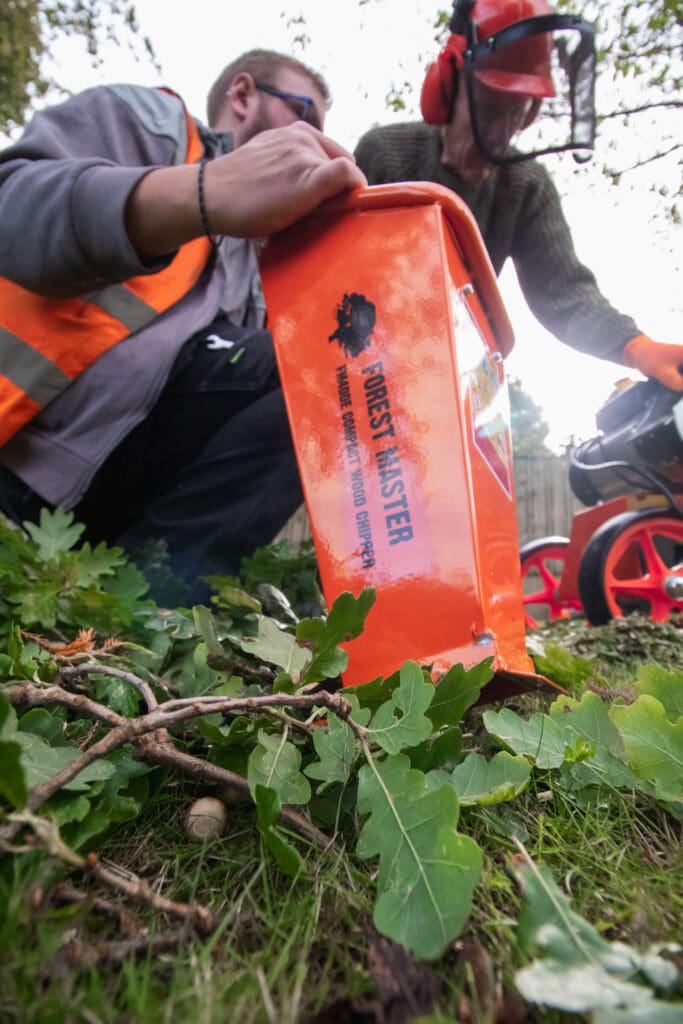
Make Fuel Changes a Regular Part of Maintenance
We know it might seem like a mundane task, or one that can easily be put off, but regularly changing the fuel in your wood chipper is essential.
It’s a small maintenance step that delivers big benefits, like improved performance, greater reliability, and fewer repair costs. By staying on top of this routine, you’ll prevent fuel degradation, avoid costly blockages, and extend the lifespan of your machine – keeping your wood chipper ready to go whenever you need it or when the time comes to bring it out of hibernation to be used from Spring.
Wood Chipper FAQs
What type of fuel should I use in my Forest Master petrol wood chipper?
Use unleaded petrol with a minimum octane rating of 87. Avoid fuel that contains more than 10% ethanol (E10), as this can degrade quicker and cause issues over time.
What happens if I use old or stale fuel in the chipper?
Using old or stale fuel can lead to poor engine performance, starting difficulties, and potentially damage internal engine components.
How would I drain the fuel from my chipper?
To safely drain the fuel from your chipper, first, turn off the engine and allow the machine to cool completely. Then, disconnect the fuel line from the carburettor (see image above for location), ensuring you have a container ready to collect the fuel. Tilt the machine if necessary to drain the fuel tank completely.
If there’s any residue or old fuel build-up, clean the tank before reconnecting the fuel line or refilling it with fresh petrol if you’re planning to use the chipper soon. Always consult your owner’s manual for model-specific instructions and take proper safety precautions, such as working in a well-ventilated area and keeping away from open flames.
How can I tell if the fuel in my petrol chipper has gone bad?
Signs of stale fuel include difficulty starting the engine, poor performance, or unusual engine noises. If you notice any of these, it’s best to drain and replace the fuel with fresh petrol.
If nothing is working, what should I do?
If your chipper isn’t starting, isn’t powering through tasks, or its performance has noticeably dropped, please reach out to our technical team at technical@forest-master.com


